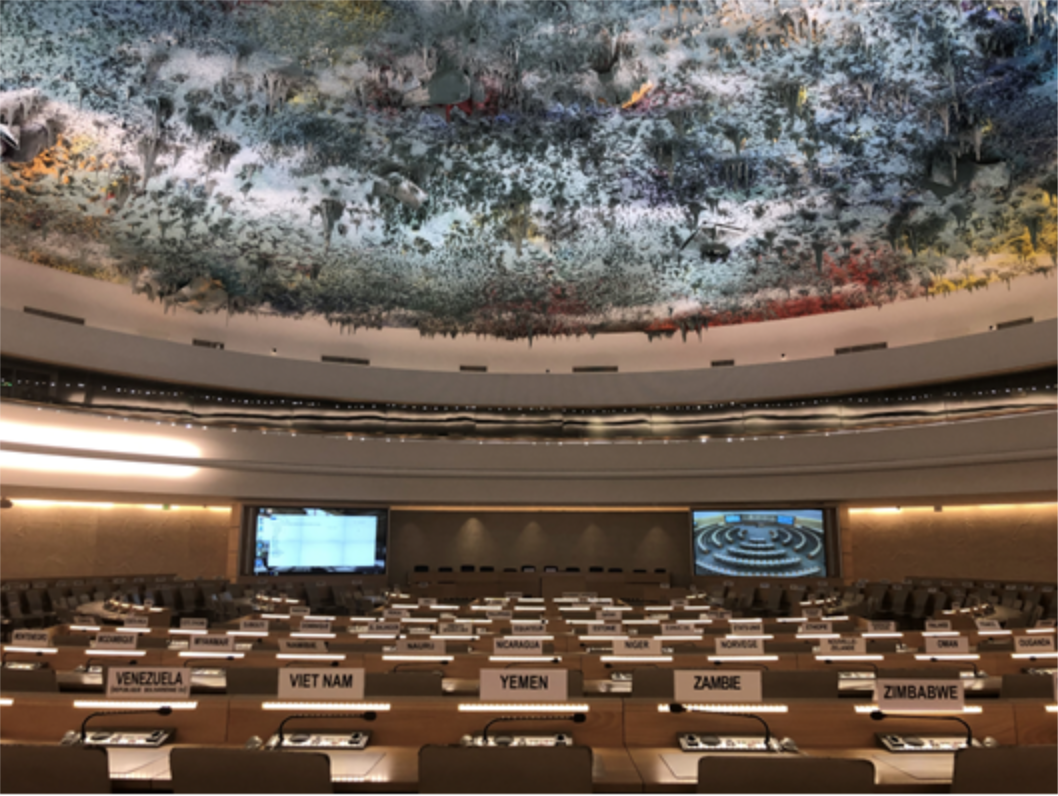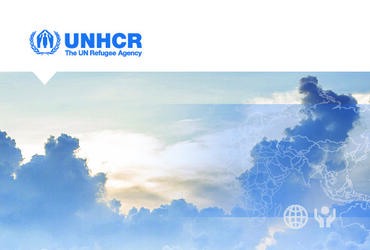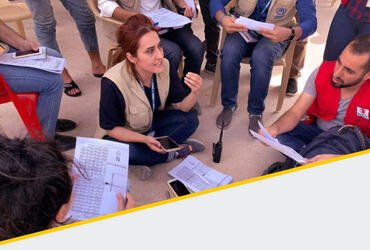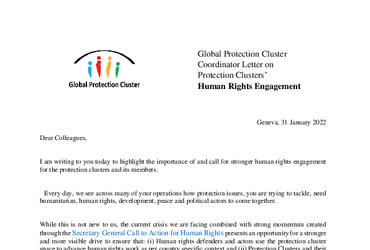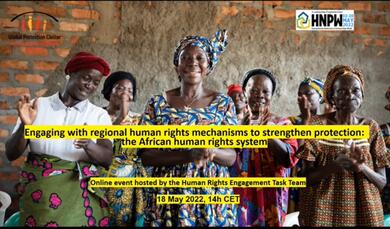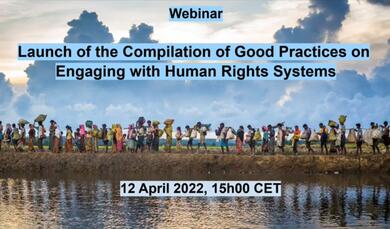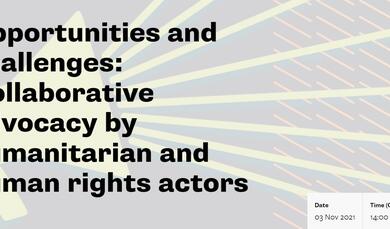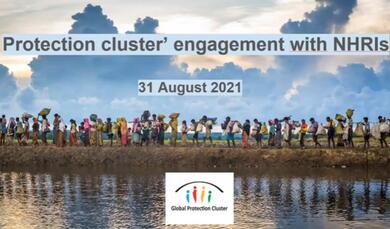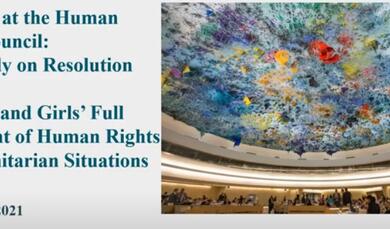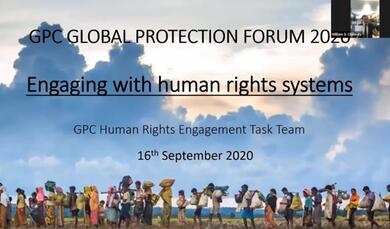Integrating human rights considerations into humanitarian planning, preparedness, response and recovery efforts is necessary to address the related challenges. Swift and decisive efforts to protect human rights are imperative during conflict in order to stop or reduce the likelihood of future violations. In the recovery from a conflict, it is important that strengthening human rights becomes the objective of action: arrangements such as peace agreements that are built on respect for human rights and accountability provide guarantees and safeguards for the affected population and are more likely to achieve peace and development. In the case of climate-related disasters, a failure (by governments and others) to take reasonable preventive action, as well as to provide effective mitigation, is a human rights issue. Integrating human rights in the response will for example prevent discrimination in the distribution of aid, identify and address the situation of those most marginalised and vulnerable to abuse and propose appropriate measures. Integrating human rights at the core of humanitarian action strengthens the protection response and ensures that efforts are holistic and focused on the ‘affected population’ as a whole, rather than only certain segments of it.
The Approach
Protection Clusters are already collecting a large amount of information related to issues affecting IDPs, but these protection issues may not be analysed using the human rights framework and tools. The lack of complementarity with and connections to the human rights framework, tools and mechanisms, may constrain Protection Clusters’ ability to leverage them for the benefit of affected populations and lead to duplication of reporting templates, tools and analysis. The Global Protection Cluster is ensuring more systematic integration of human rights mechanisms in protection analysis and planning activities of field clusters and in support to the HCT protection strategies. The GPC and field protection clusters also work towards closing this gap by raising awareness and equipping protection officers, Protection Cluster members and Humanitarian Country Team members with the tools and information needed to make better use of the human rights system for the benefit of crises-affected populations.
Human Rights in the Cluster Contexts
| Video Message by GPC Coordinator Samuel Cheung on Human Rights Day 2022 | Video Message by the Protection Cluster Officers in Iraq, Nigeria, and Mozambique on Human Rights Day 2022 | Video Message by UN Special Rapporteur on Extreme Poverty and Human Rights, Olivier de Schutter | ||||||||||||||||
| Video message by the IE on sexual orientation and gender identity, Victor Madrigal-Borloz | William Chemaly GPC Human Rights Engagement TT HNPW Event 2021 | |||||||||||||||||

